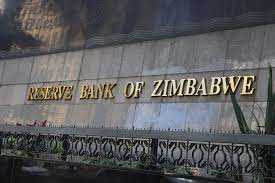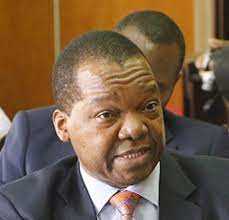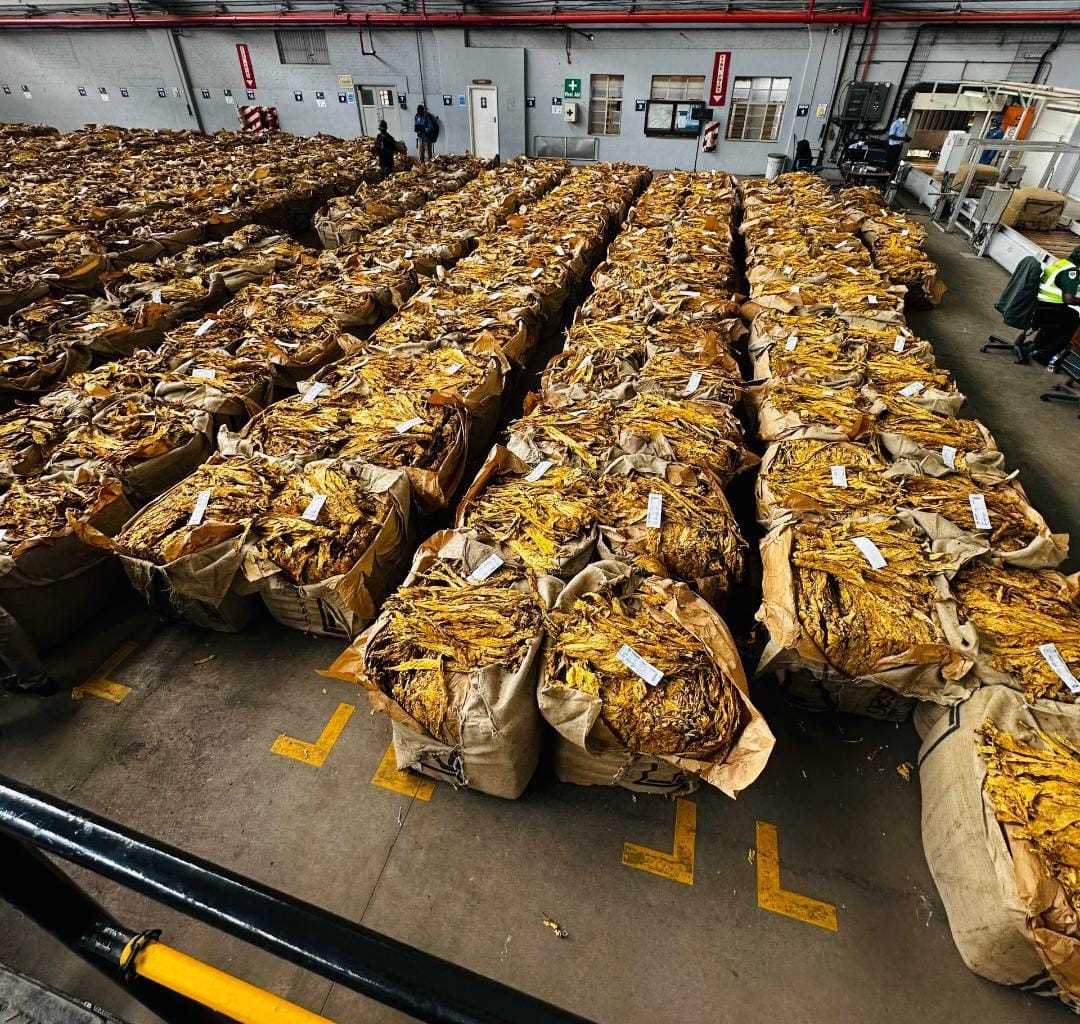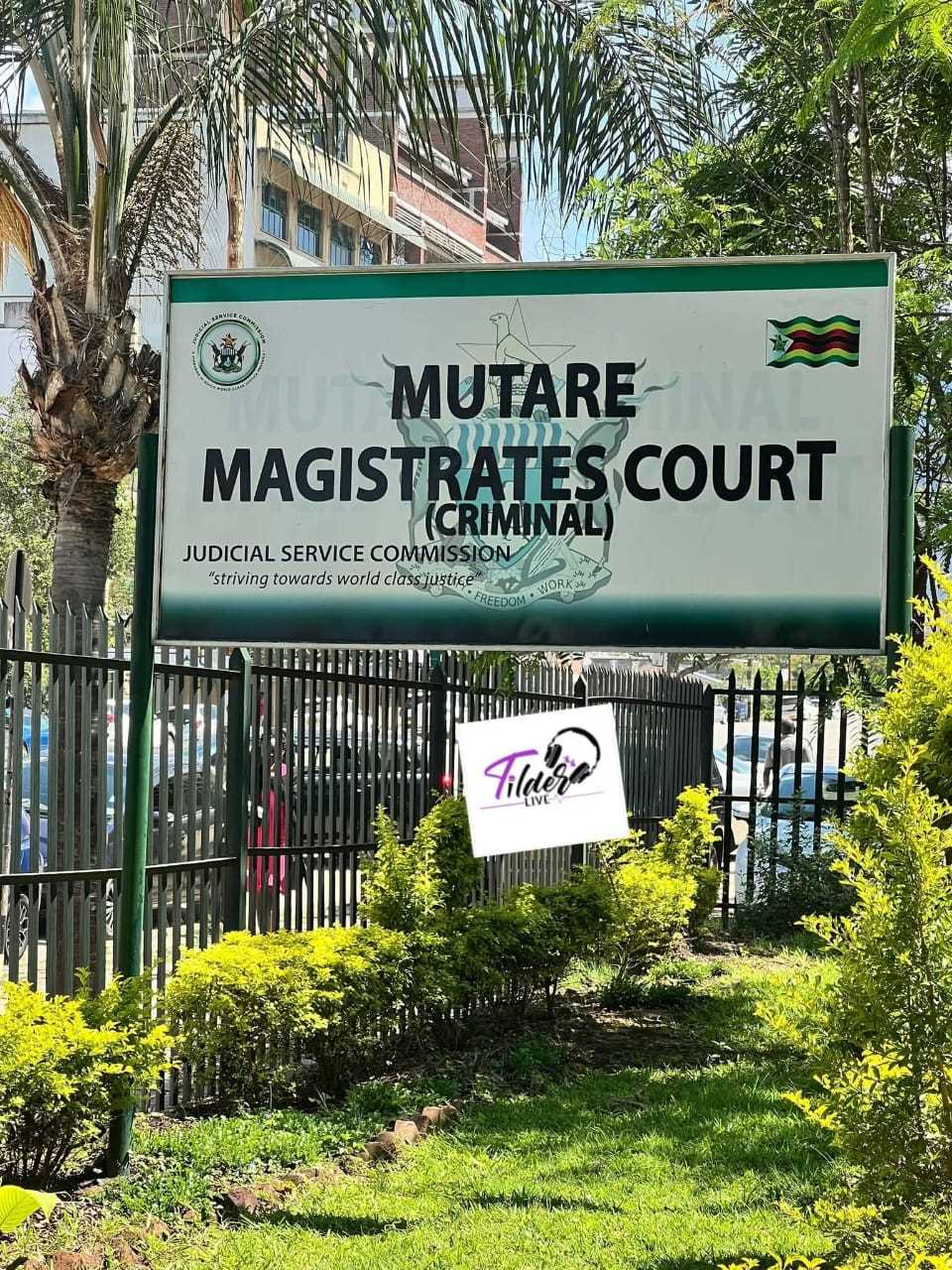
Currency turmoil on Zimbabwe’s parallel market over the past three weeks has been fuelled by year-end demand and is “temporary,” the nation’s central bank governor said.
The wave of exchange-rate volatility is being driven by a rush to buy US dollars by people including civil servants after they were paid their annual bonuses, John Mangudya said in an interview on Wednesday. The local unit has lost 30% of its value against the dollar on the official market so far this year and more than 40% on the streets of the nation’s capital, Harare.
“It’s largely confidence-related,” the governor said. “The activity which we have seen in the parallel market in the last three to four weeks is a response to the desire to hold foreign currency.”
Zimbabwe has been struggling to stabilize its currency since its return into circulation in 2019. The volatility has led citizens to favour the US dollar to pay for everything from food to fuel.
The American currency is used in about 80% of all transactions, with the balance done in Zimbabwe dollars, which stokes inflation as prices are heavily influenced by exchange-rate movements, said Mangudya. Annual inflation quickened for a second straight month in December to 26.5%, even after the statistics office adjusted its price measure to better account for the use of dollars.
“We have economic stability, but currency instability,” he said. To increase confidence in the local currency, there needs to be “consistency” in policymaking, Mangudya said.
Related Stories

“We need to avoid creating any unease in the economy because we are dealing with confidence issues related to past experiences,” he said.
Zimbabwe’s monetary authorities won’t seek to change the nation’s high interest-rate regime until they’re satisfied that economic measures they roll out have taken the desired effect, said Mangudya. The central bank left its benchmark interest rate unchanged at 130% in December. A decision on the bank policy rate is expected in early February, when Mangudya presents the latest monetary policy statement.
The governor, whose term ends in April, urged businesses to support the local currency and refrain from fuelling market instability. Most businesses in Zimbabwe prefer to price their sales in US dollars because of the instability of the domestic currency.
Mangudya dismissed concerns by fund managers, including Imara Asset Management, which oversees more than US$100 million, that the currency woes may worsen because of a decline in inflows of dollars stemming from lower global commodity prices. The resource-rich nation depends on mining for 85% of its foreign exchange.
“I don’t share the same perspective,” he said. “We have new export minerals in the basket such as lithium, which weren’t there before. If we earn $100 million from lithium it can help compensate for decreases in other commodities.” – BNN Bloomberg




















Leave Comments